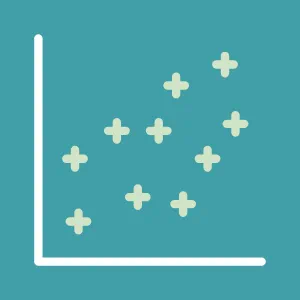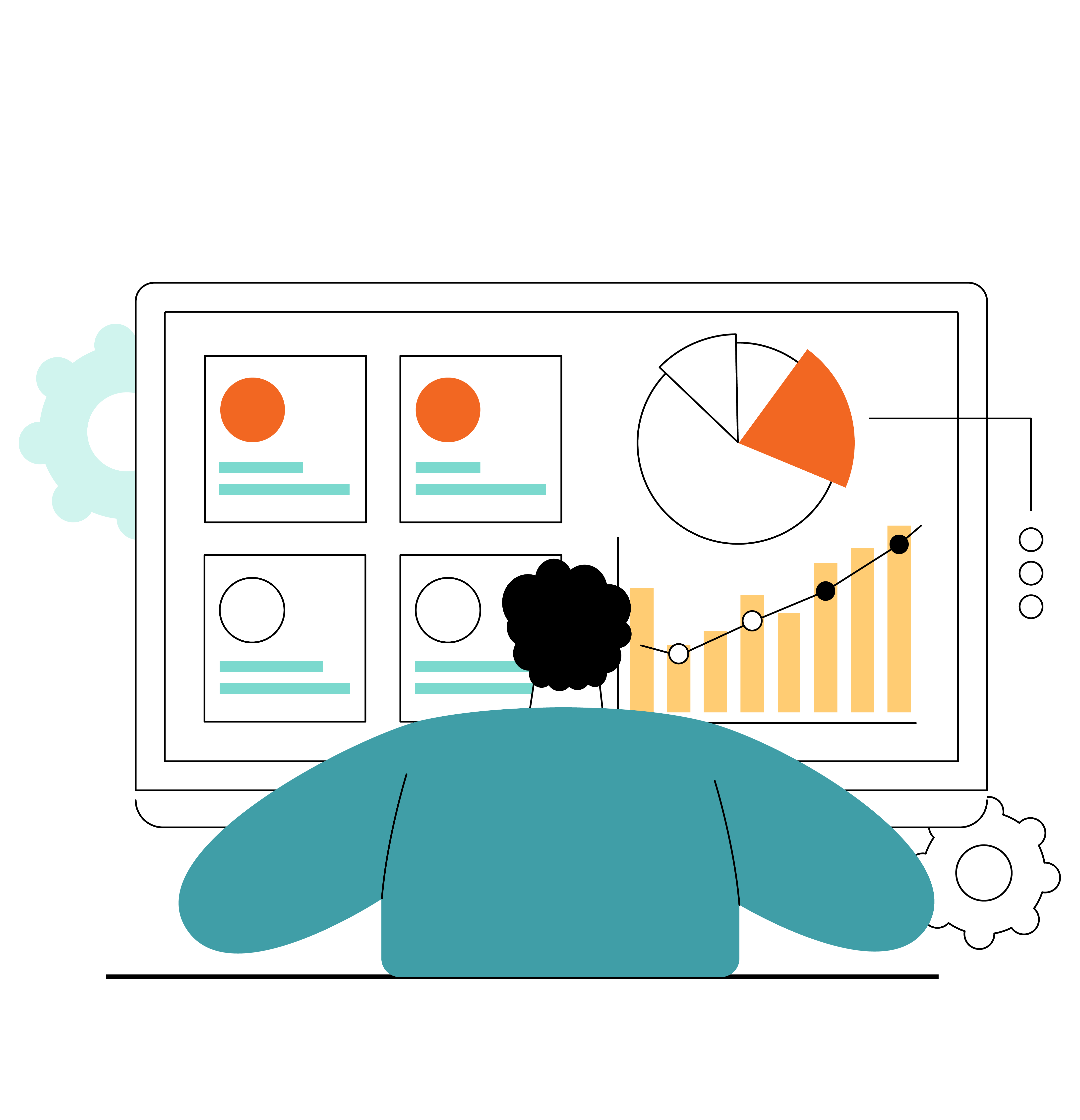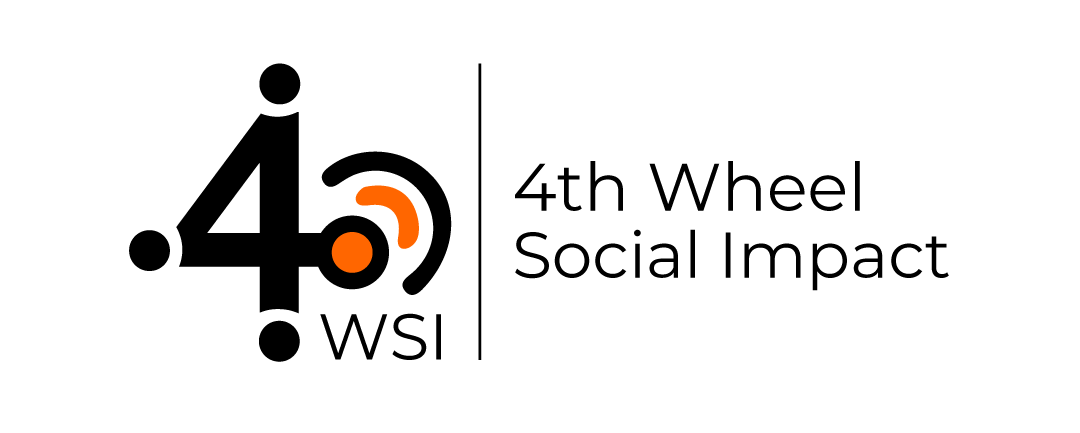

Theory Of Change
A framework to design and evaluate community initiatives, proven to be key to ensure strategic impact orientation

MEAL Frameworks
A summary of performance metrics and outcomes, specifying targets, timelines, methods as well as planned data collection processes

NGO Management
NGO and partner strategies to ensure successful alignment of different programs to contribute to organisational goals

Why Impact Monitoring Matters
Many social sector organisations are diligent in collecting data, but monitoring often stops at compliance tasks such as filling checklists or preparing lengthy reports at the end of a program. When data is gathered only for documentation, it becomes difficult for teams to interpret what it actually means for the work on the ground. Without the right systems, important patterns are missed, and valuable information gets lost in files, spreadsheets, or narrative reports that are rarely revisited.
Effective impact monitoring addresses this by helping organisations move beyond raw numbers toward insights that guide adaptation, learning, and timely decision-making throughout a program’s life cycle. A well-designed monitoring system backed by simple, context-appropriate technology allows teams to track changes as they happen, rather than waiting for an endline study to uncover issues that could have been addressed earlier.
Monitoring becomes most powerful when it is understood not as a reporting requirement, but as a management tool. When used well, it improves internal decision-making, strengthens accountability, and supports continuous improvement.


Our Impact Monitoring Services
We design impact monitoring systems that simplify data collection, structure indicators and tools, and ensure organisations have reliable information to track progress and make informed decisions.

On-Field
Data Collection
Good monitoring starts on the ground. Our teams collect accurate, reliable data with real-time quality checks. By capturing lived realities, we generate actionable insights that strengthen program design, enhance accountability, and build credible evidence of results — giving organisations and funders the confidence to track progress and demonstrate impact.

Adaptive M&E
Capacity Building
Strong systems need capable teams. We build organisational capacity to design, manage, and adapt M&E systems independently. Through practical training and collaborative processes, we embed a culture of learning, ensuring programs stay relevant, improve continuously, and generate evidence that supports decision-making, accountability, and long-term impact across diverse stakeholders.

Impact
Dashboards
Data should be clear and accessible. We design interactive dashboards using tools like Power BI, Tableau, and Google Looker to make monitoring visual and real-time. Dashboards empower teams with timely insights, strengthen transparency, and replace static reports with actionable information — enabling smarter decisions and stronger communication with stakeholders.

Why Choose Us?
Tech-Enabled
Expertise
Our expert teams specialise in SurveyCTO, dashboards, and digital platforms, creating monitoring systems that are accurate, user-friendly, and future-ready.
Capacity That
Lasts
We deliver customised training modules on data ethics, quality assurance, and adaptive monitoring, enabling teams to manage systems independently.
Proven,
Practical Tools
With a large bank of simple, field-tested tools applied across diverse geographies and contexts, we ensure monitoring frameworks are practical and reliable.
Independent, Ethical &
Field-Based
Our monitoring is rooted in rigorous frameworks, guided by strong ethical standards and independent oversight, ensuring credibility, inclusivity, and trust in every finding.

Importance
Every rupee invested in social programs should create visible and measurable change, but without effective monitoring, even strong initiatives risk becoming fragmented, reactive, or unsustainable.
Impact Monitoring ensures that progress is continuously tracked, resources are used effectively, and outcomes are aligned with program goals. It transforms social initiatives from projects into adaptive, evidence-driven interventions that deliver meaningful and lasting results.

From Reporting to Learning
Impact monitoring shifts organisations from one-time reporting to continuous learning through on-field data collection, dashboards, capacity building, and MEAL systems.

Building Credible Impact
Monitoring strengthens accountability by showing resource use and achieved results. We ensure accuracy, prevent misreporting, and build stakeholder confidence.

Turning Data into Decisions
By tracking baselines and outcome indicators, monitoring makes progress visible throughout implementation, enabling timely, evidence-based course corrections.

Sustaining Real Change
Monitoring highlights enablers and barriers for sustainability, helping refine strategies, replicate success, and embed long-lasting outcomes.

Our Work
Our work spans Theory of Change design, MEAL systems, baselines, needs assessments, and research that help social sector organisations define and measure impact effectively. We support partners in understanding their starting point, articulating outcomes, and building actionable, evidence-based strategies for long-term change.

TATA Power – Community Engagement Index 2024
Tracking CSR outcomes across education, healthcare, livelihoods, and infrastructure in 12 states.
-
The Community Engagement Index dashboard consolidated data across states, clusters, and villages, integrating CEI, Regional Development, and Program Effectiveness dimensions.
-
It strengthened accountability, planning, and sustainability of investments by offering clear, comparative insights for decision-making.

Bayer Foundation India – Atal Tinkering Labs
Measuring outcomes in infrastructure, teacher capacities, and systems supporting STEM learning.
-
A partner management dashboard translated evaluation findings into actionable insights across six states and two Union Territories.
-
By capturing outcomes geographically, it helped partners align efforts, track progress, and strengthen long-term educational impact.

Social Compact – Worker Welfare Dashboard
Monitoring equity, safety, and welfare for contractors and workers across companies.
-
The worker welfare dashboard enabled companies to identify risks, gaps, and progress on worker well-being.
-
Action plans can be generated through the system to improve accountability, strengthen equity, and support measurable improvements in workplace conditions.

What Our Clients Say
The 4th Wheel helped us build a comprehensive MEAL framework and develop clear outcome grids and data collection tools for our program. They set up a simple digital system that feeds field data into structured spreadsheets, making it easy for us to compare baseline, midline, and endline results. Their support brought much-needed clarity and structure to our monitoring process.
Manvi Bansal
Senior Manager – CSR, Tesco
The needs assessment study conducted by The 4th Wheel was pivotal in creating a data-driven roadmap for our community development work. Their approach ensured that interventions were not just well-designed but also aligned with local priorities and long-term sustainability.
Dr. Rahul Singh
General Manager – CSR, Adani Green Energy Ltd.
Working with 4th Wheel has been a pleasure due to their intelligence, expertise, and professionalism. They instill confidence in their methodology and findings, making them highly recommended.
George J Aikara
Chief Operating Officer- United Way Mumbai
4th Wheel's practical and collaborative approach makes them a wonderful partner, providing an external perspective that supports our work.
Aparna Dubey
M&E Lead- Antarang Foundation
The design of the final report enhanced our ability to communicate complex project information. The infographics were thoughtfully crafted, making the data easily digestible and engaging for a wider audience. By connecting different aspects of the project seamlessly through visuals, percentages, tables, and beneficiary quotes, the report transformed our data into an informative narrative.
Ankit Rastogi
Lead- Impact & Insights, Tata Communications
4th Wheel excels in making data interesting and facilitating meaningful discussions. Their grounded, objective approach and transparency in findings are impressive.
Havovi Wadia
Executive Director, Save the Children India
4th Wheel's success rests on the professionalism, dedication, and curiosity of its staff, with a profound background in research and analytical assessments.
Veronika Schanderl
Executive Manager, Swisscontact
The solutions and workshop methodology enabled fresh insights, helped me to get a fresh and different perspective and understand prevalent best practices. I will be able to use these views and conversations to strengthen partnerships for my organisation.
Suresh Roo
TPCTD
The solutions presented at the workshop have been of great learning to me since they can be included in the programs we are currently undertaking. Through the day’s brainstorming and cross-questioning, I have been convinced that technology is of most importance to strengthen all our development efforts. This workshop has made me realise various ways technology can be used to enhance our work and the lives of our beneficiaries.
Niraj Jani
SAATH Livelihoods

FAQs
Monitoring is continuous, tracking activities and outcomes in real time. Evaluation is periodic, assessing effectiveness and long-term change after a defined phase or program cycle.
Costs depend on project scale, geographic spread, and technology choices. We design modular systems — from simple dashboards to fully digitized MEAL platforms — so investments remain proportionate and sustainable.
At minimum, one program or M&E focal point is needed to coordinate with us. We also train staff and field teams to collect and manage data, ensuring the system is owned and usable internally.
Highly flexible — our MEAL systems are adaptive and can evolve as priorities, strategies, or donor requirements shift, ensuring continued relevance and actionable insights.
Basic insights emerge within the first 2–3 months once tools are in place and data flows begin. Dashboards provide early visibility almost immediately, with deeper trends emerging over time.
Not at all. We prioritise user-friendly tools and provide training so teams can manage and use the system confidently, without heavy reliance on external consultants.
We work with platforms like SurveyCTO, Kobo, Power BI, Tableau, and Zoho, tailoring the choice to your context, budget, and data needs.

























